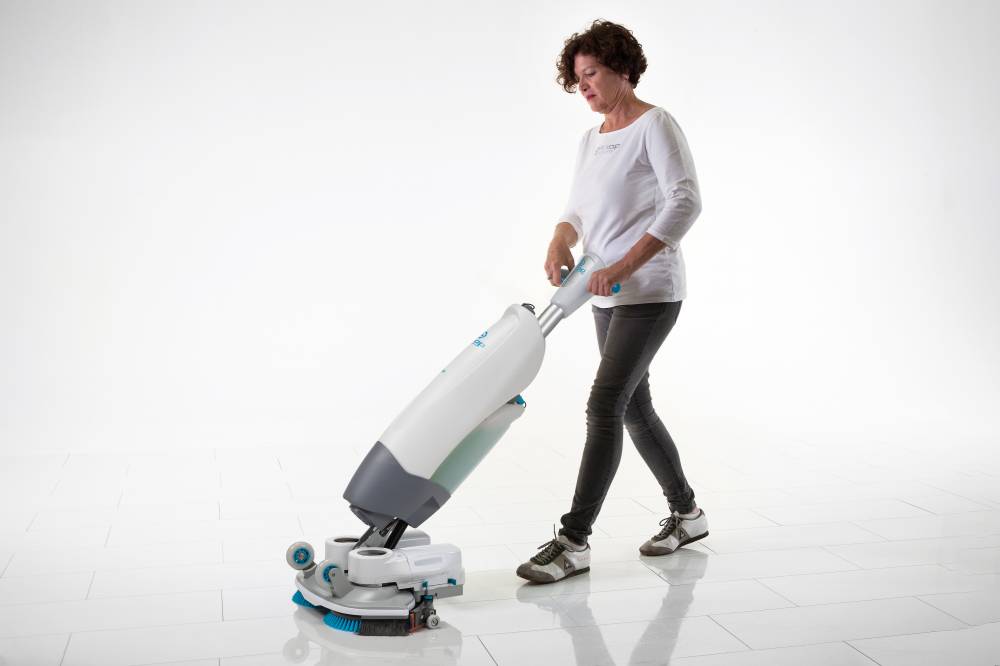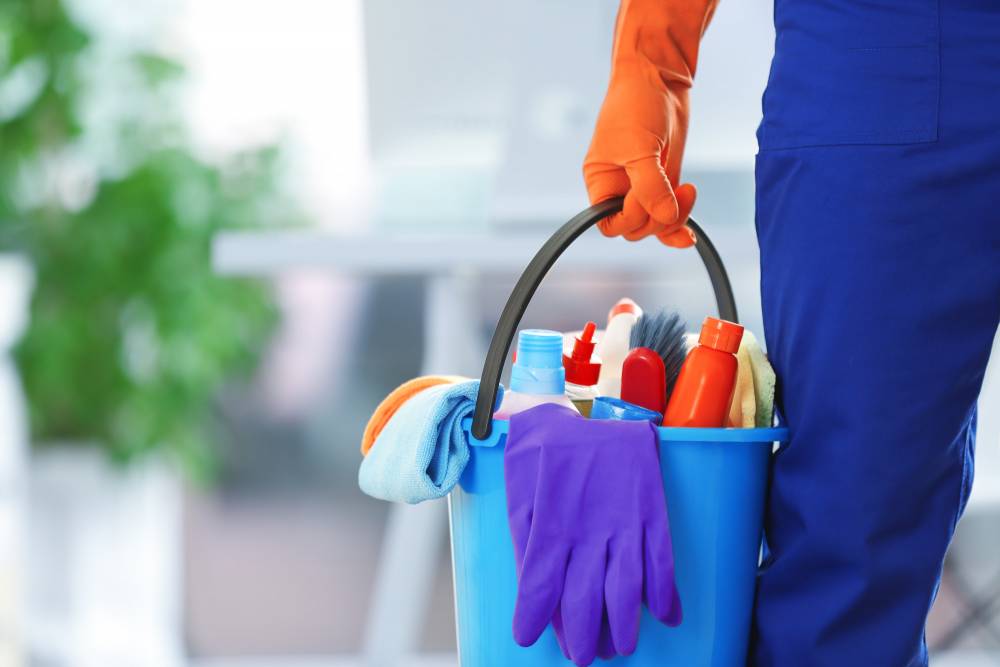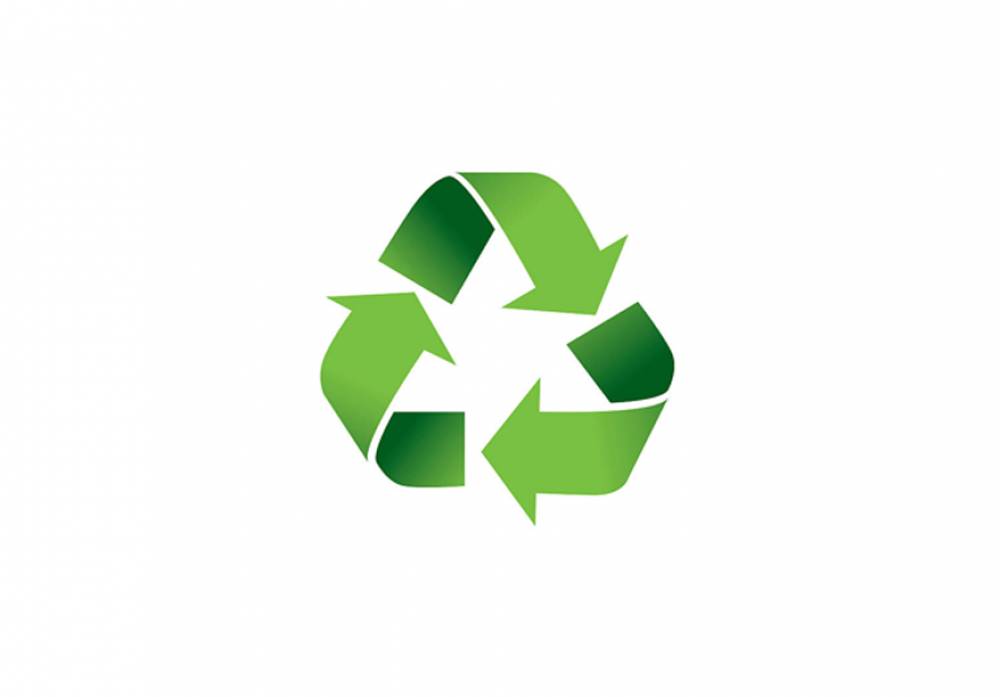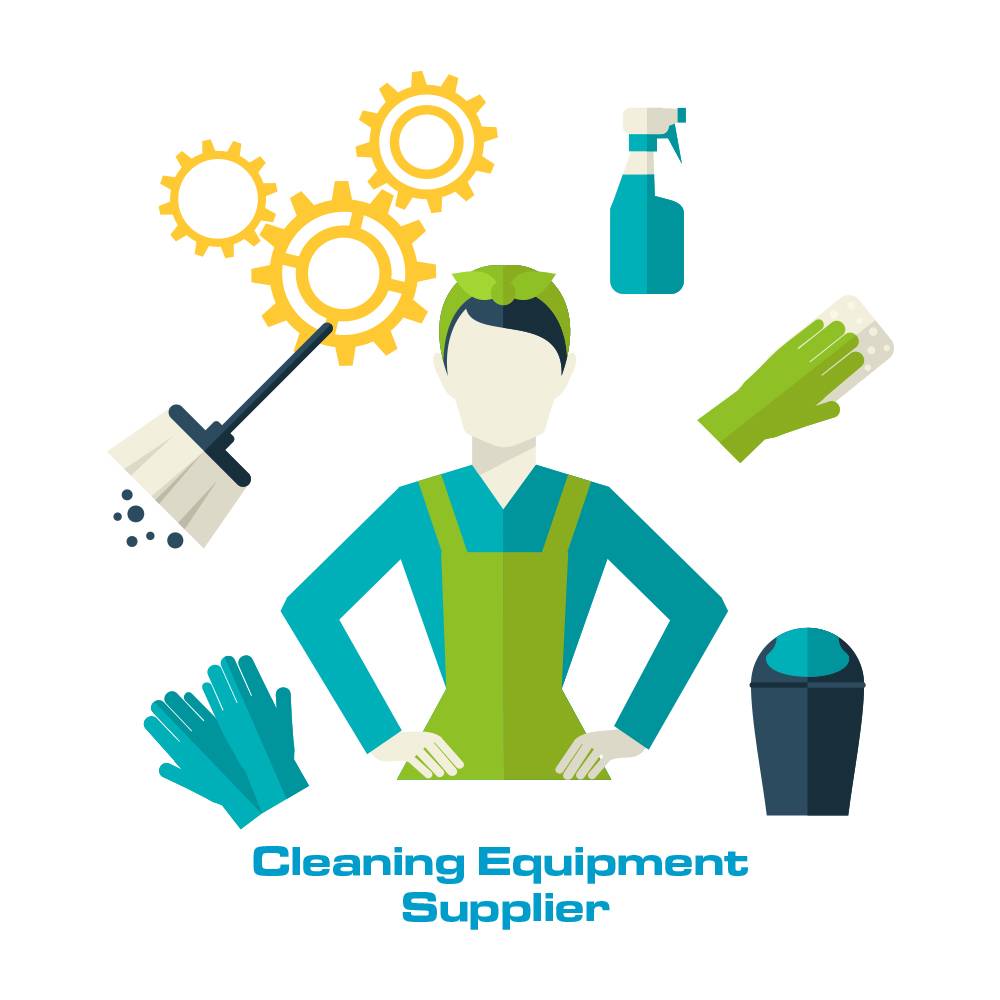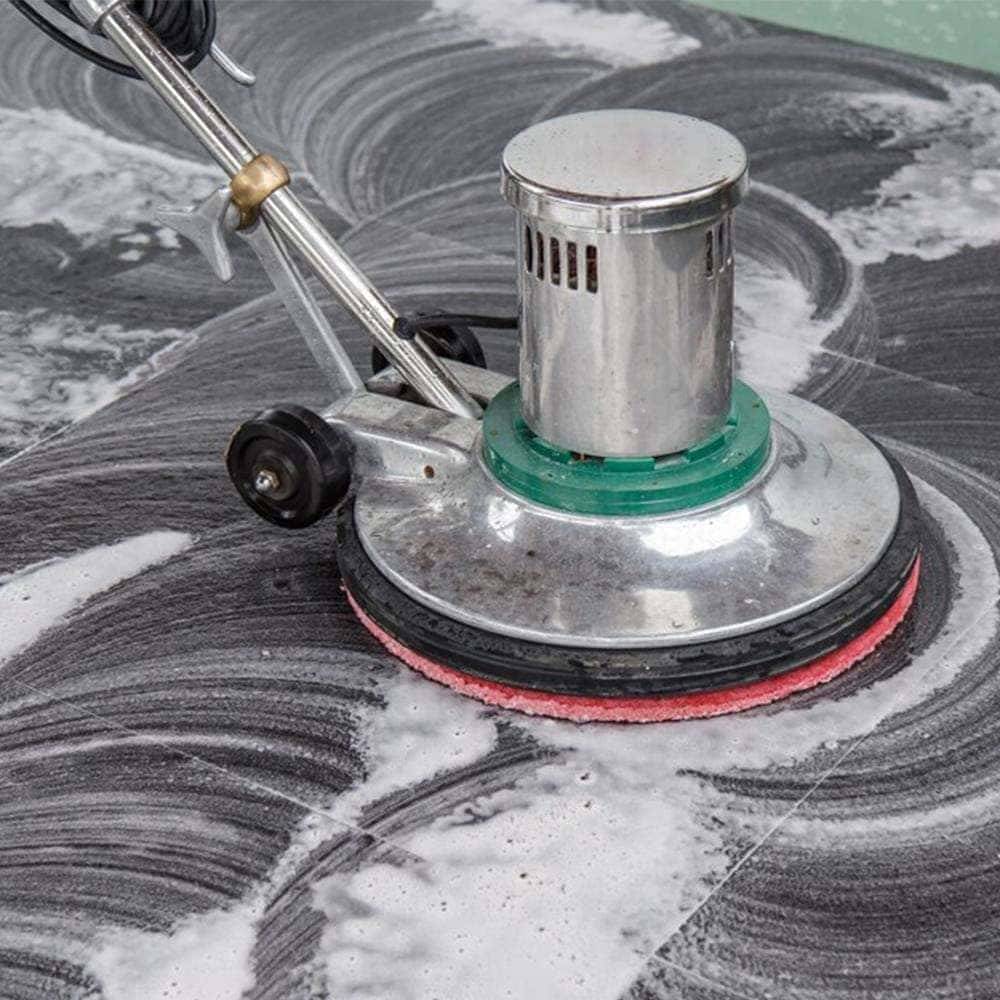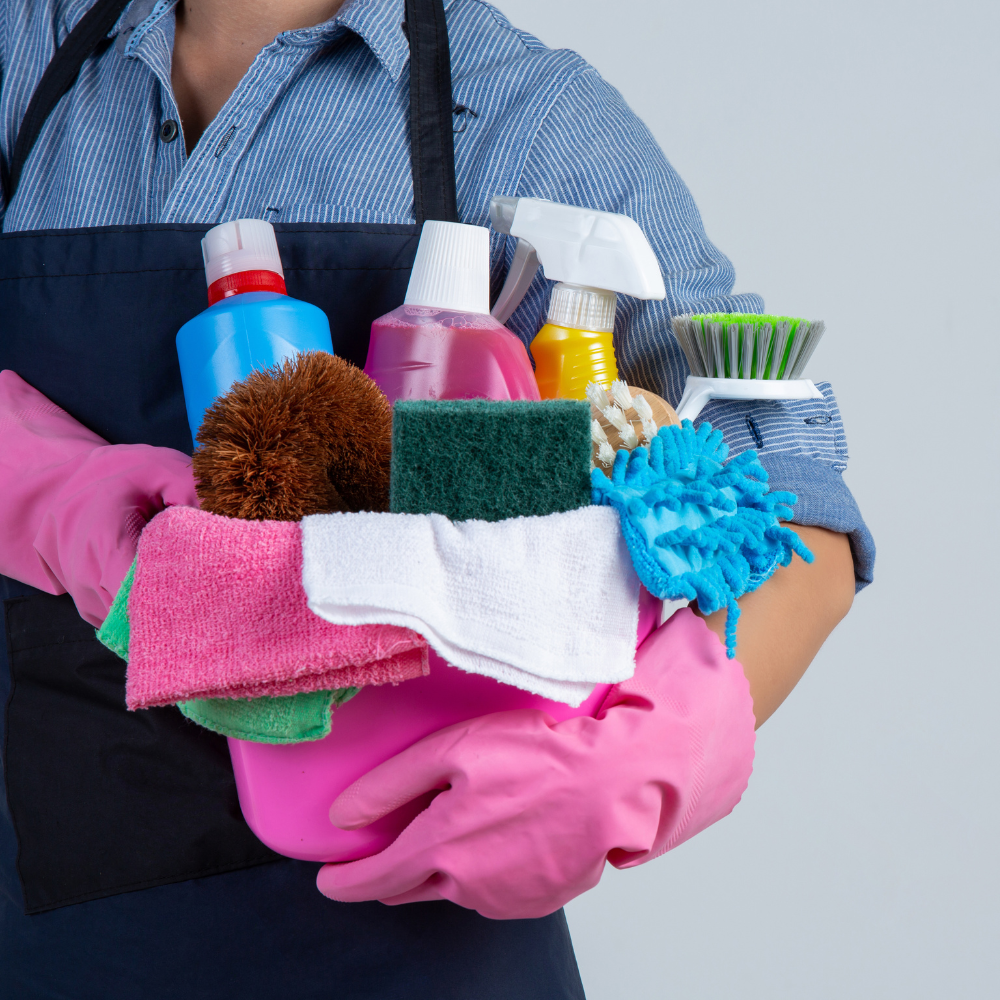
Having essential chemicals in stock is crucial for effective facility management. Learn about the key chemicals used for cleaning and maintenance.
Effective facility management is a multifaceted responsibility that includes the cleanliness, safety, and functionality of the environment. The key to achieving these goals lies in maintaining a well-stocked inventory of essential chemicals used for cleaning. A comprehensive selection of chemicals that promotes hand hygiene to ensure spotless surfaces and textiles is vital for the success of any facility.
We have compiled a list of chemical essentials that every facility management team should have on hand
Chemicals for Hand Care
Hand hygiene is fundamental for preventing the spread of infections within a facility. In addition to standard hand soaps, alcohol-based hand sanitisers are crucial when soap and water are not readily available. To counteract the drying effects of frequent handwashing, moisturizing hand creams should also be available.
Examples:
-
Antibacterial hand soap
-
Alcohol-based hand sanitiser
-
Moisturising hand cream
Chemicals for Surface and Floor Care
Maintaining clean and sanitised surfaces and floors is essential for both hygiene and aesthetics. It consists primarily of all-purpose cleaners and disinfectants, as well as floor cleaners. Specialised surface cleaners for materials such as glass, wood, and metal should also be included in the inventory.
Examples:
-
All-purpose cleaner
-
Disinfectant spray
-
Floor detergent
-
Glass cleaner
Chemicals for Carpet Care
Carpeted areas require specialised care to preserve their appearance and cleanliness. Carpet cleaners, stain removers, and deodorisers are essential for addressing spills and stains, and maintaining a fresh atmosphere.
Examples:
-
Carpet cleaner
-
Stain remover
-
Carpet deodorizer
Chemicals for Laundry Care
Facilities that handle laundry must stock up on effective detergents, fabric softeners, and stain removers. These chemicals ensure the cleanliness and longevity of linens and textiles.
Examples:
-
Laundry detergent
-
Fabric softener
-
Stain remover
Chemicals for Car Care
The use of car care chemicals is essential for facilities with parking lots or fleets of vehicles. Car wash soaps, waxes, and tire cleaners contribute to the overall maintenance and presentation of the facility's vehicles.
Examples:
-
Car wash soap
-
Car wax
-
Tire cleaner
Chemicals for Disinfectant & Sanitizer
It cannot be overstated how important high-quality disinfectants and sanitisers are in every facility management. These chemicals are critical for preventing the spread of infections and maintaining a safe environment.
Examples:
-
Disinfectant wipes
-
Surface disinfectant
Chemicals for Odour Remover
To combat unpleasant odours within a facility, odour removers or neutralizers should be readily available. These chemicals effectively eliminate unwanted smells, contributing to a more pleasant environment.
Examples:
-
Air freshener
-
Odour neutraliser
Chemicals for Hotel Amenities
Facilities such as hotels should stock up on guest amenities like shampoos, conditioners, and body washes. These chemicals enhance the comfort and satisfaction of guests during their stay.
Examples:
-
Shampoo
-
Conditioner
-
Body wash
-
Bath Gel
Chemicals for Food Industrial Chemical
For facilities with food service areas, it is crucial to have food-grade cleaning chemicals. These include sanitisers for kitchen surfaces, dishwashing detergents, and degreasers to ensure a hygienic food preparation environment.
Examples:
-
Kitchen sanitiser
-
Dishwashing detergent
-
Degreaser
What is the best chemical for cleaning hard floors?
Choosing the best chemical for cleaning hard floors depends on the flooring material. For vinyl and linoleum, use a mild solution of water and dish soap or a vinyl floor cleaner. Ceramic and porcelain tile floors benefit from pH-neutral tile cleaners or a mixture of water and white vinegar. Hardwood floors require pH-neutral hardwood floor cleaners, while laminate floors are best cleaned with mild soap or laminate floor cleaners.
For stone floors, use pH-neutral stone cleaners, and for concrete floors, opt for a mild, pH-balanced concrete cleaner. Always follow manufacturer recommendations, avoid abrasive cleaners, and conduct a spot test before applying any cleaner to the entire floor to prevent damage.
A comprehensive inventory of essential chemicals serves as a cornerstone of effective facility maintenance. Whether addressing hand hygiene or fulfilling specific cleaning requirements, every class of chemicals assumes a key role in establishing a secure, spotless, and welcoming atmosphere for facility occupants. This highlights the need for a reliable partnership with reputable cleaning suppliers to guarantee a continuous and sustainable supply of these critical chemicals.

